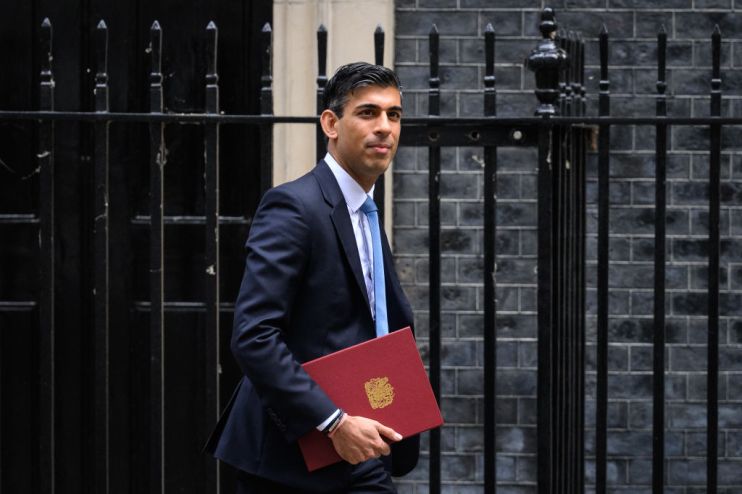Policy matters but it’s philosophy not details this contest should uncover

The headline on our front page – about the Tories’ row over tax cuts – is not strictly correct. The argument is instead about cancelling a proposed tax hike – corporation tax’s increase to 25 per cent – or reversing another recent increase, to national insurance. Alas that nuance doesn’t fit into a headline, so here we are.
The question for the Conservatives going forward is more than semantics, though. Over the course of this contest, likely to be a fortnight of mild chaos followed by a month of the final two candidates pitching for votes from the party’s members, it is vital that we end up with more idea of what the party actually stands for these days.
It has become a truism that businesses like certainty. That’s true in most senses, though you don’t hear firms complaining about an uncertain tax environment when there’s a surprise fall. It is more that everybody – businesses and the public alike – deserve to know the general direction of a political party. A gradual push to a smaller state and an aversion to grand schemes? A ratcheting up of the state’s involvement in the economy?
One of the fairest criticisms of the Johnson administration is that it lacked any kind of direction politically; it is as true today as it was a year ago to say that attempting to parse meaning from ‘Johnsonism’ is a fool’s pursuit. That is why it was so easy for his rivals to turn on him: not only had they lost faith in him as a prime minister, but he offered precious little idea of what ideas and vision he had that might have been worth fighting for.
Our instinct is that a Johnson-less leadership election is likely to be less of a celebrity circus than that we had in 2019. But candidates shouldn’t get bogged down in policy, or discussions of fiscal headroom.
Only one question really matters: how do you ensure Britain has a stronger economy in five, ten and fifteen years from now than it does now. The answer is as ever thus: lower taxes, freer markets.